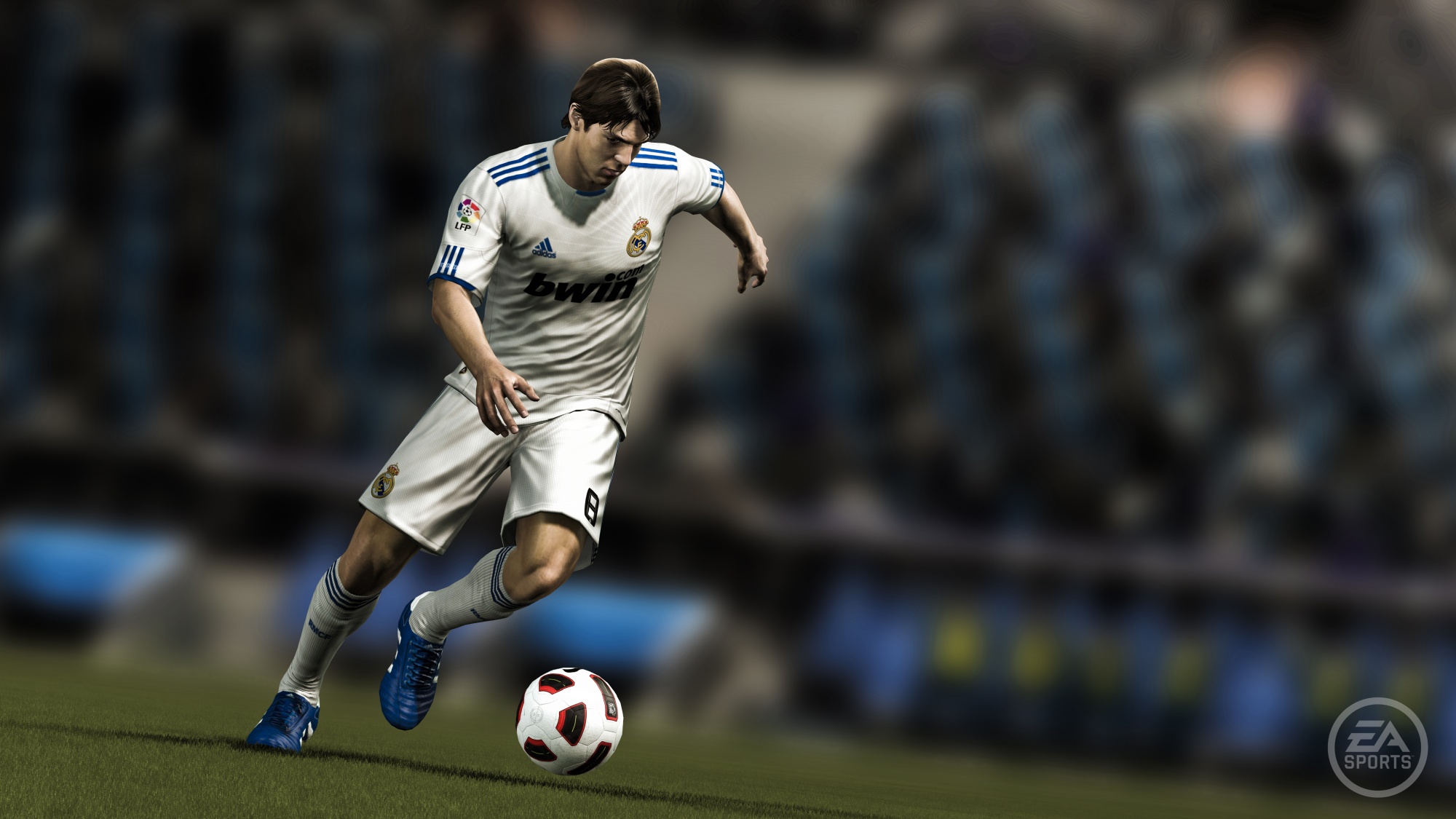On Sunday afternoons in the fall, when the clock strikes 1 p.m., if I’m home, I boot up the website Buffstreams. I slog through a minefield of pop-up gambling and porn ads until I arrive safely at a bootleg stream of NFL Network’s NFL RedZone. I have reached my destination. More than likely, I will spend the next several hours watching football on my laptop, alone, changing from RedZone to the Seahawks game when that starts. Maybe I’ll take a warm bath or bake a loaf of banana bread while I Buffstream.
Buffstreams is a MacGyver’d online cable box for the spendthrift sports fan and/or degenerate gambler—those unwilling or unable to shell out $60-80 a month for Fubo, Sling, or YouTube TV. Held together by duct tape and rope, it broadcasts virtually every live sporting event—illegally—and its ever-changing URL suffix (currently: buffstreams.is) reflects its on-the-lam-from-the-FCC status and ethos. Whether I’m in the mood for the NFL, Monday Night Raw, or a cricket match between the Kolkata Knight Riders and the Royal Challengers Bangalore, I can turn to Buffstreams knowing there’s about a 75 percent chance the stream will work just fine without breaking down.
I Buffstream the World Cup, the tennis and golf majors, March Madness, NBA playoffs, F1 races. There are few sweeter words in the English language than the ones I wait all week to hear at the beginning of each RedZone broadcast: “seven hours of commercial-free football start now!”
The Buffstreams chat on any given stream is full of spirited political discourse and feels very male. Though I have graduated from broke boy 20-something bachelor to married 30-something with a 401k, Buffstreams still provides me with a security blanket, a chance to slink away from my wife to my virtual man cave and float away into the amniotic online ether and beam up into the wide world of sports. When I Buffstream, I seal myself in my pod, transcending space, time, and adult male loneliness. I always feel better going into my pod than coming out of it. Lazy Sundays with Buffstreams are unfulfilling, but they’re always comfortable.
I recently watched the unforgettable World Cup final between Argentina and France with friends at a bar in Brooklyn. I watched the match and I watched my French friend vacillate from depression to euphoria (The Mbappening) and finally to a zen acceptance of Messi’s awesomeness, just as four years earlier, I had watched the same Frenchman pierce the air with a guttural French scream when he realized that France was about to win that World Cup. Years from now, this scene at the bar will live on like a food memory—highlights from France-Argentina will powerfully conjure a moment, a place, a group of people, a sequence of emotions. Such is the communal nature of sports viewing.
By contrast, Buffstreams puts a man on an island. Buffstreams Island feels somehow even more welcoming and natural than it did when I was 23 watching football, hungover, on a precursor to Buffstreams. The pandemic disrupted the rhythms of friendship in a way that feels maybe permanent and I became more accustomed to being by myself. Also in the last few years, me and most of my friends all got engaged and married. I’m now a wife guy who wants nothing more than to be a devoted husband. I don’t drink much anymore. I now have two dogs whose sole mission in life is to cuddle. My couch exerts the gravitational pull of Jupiter. I’m a homebody. I’m washed. Sports will always be a given for me. Right now, Buffstreams is the flavor. ▩

